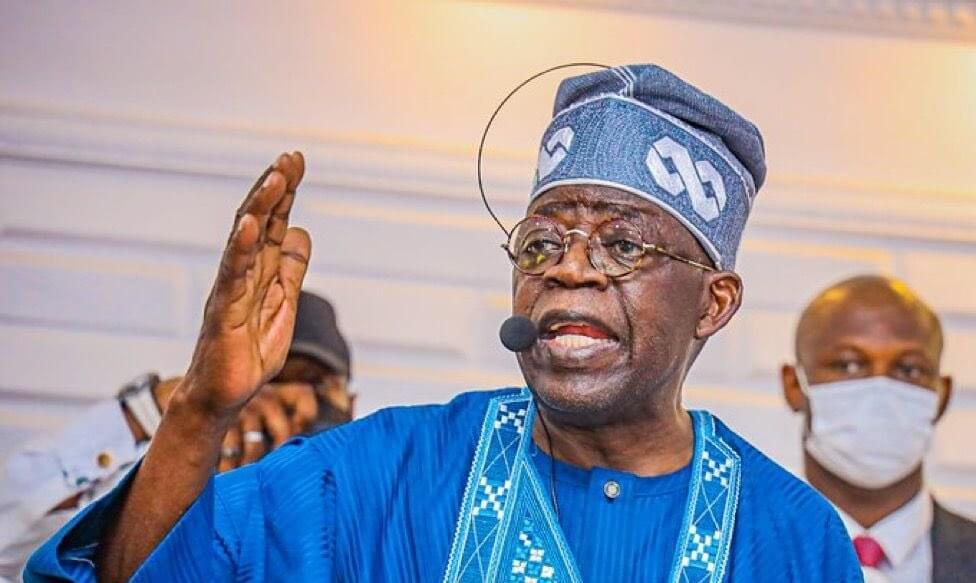As Nigeria marks its 64th year of independence, the Tinubu administration took center stage at an inter-ministerial media briefing in Abuja to defend its controversial economic policies. Secretary to the Government of the Federation, George Akume, led a team of ministers in explaining the government’s vision for Nigeria’s future, acknowledging current hardships while emphasizing long-term benefits.
The National Press Centre in Abuja buzzed with anticipation as journalists gathered for what promised to be a candid discussion of Nigeria’s economic trajectory. Secretary to the Government of the Federation, George Akume, set the tone for the briefing, his voice carrying a mix of empathy and determination.
“President Bola Ahmed Tinubu sympathizes with all Nigerians over the current hardship being experienced as a result of adoption of unavoidable policies to reposition Nigeria,” Akume stated, his words hanging heavy in the air. These economic policies are adopted to provide Nigeria with long-term solutions to Nigeria’s economic problems and make life better for all the citizens.
The gravity of the situation was not lost on those present. As reporters scribbled furiously, it was clear that this briefing would be more than just a routine update.
Minister of Budget and National Planning, Atiku Bagudu, took the podium next, addressing one of the most contentious economic decisions: the floatation of the Naira. His demeanor was confident as he defended the move.
We are seeing visible evidence that the floating of the Naira is bringing positive economic and financial results to Nigeria, and it is good for all of us,” Bagudu asserted. The room filled with murmurs as journalists pondered the implications of this statement.
Financial analyst Chidi Okonkwo, observing from the sidelines, offered his perspective: “The currency floatation is a high-stakes gamble. While it may attract foreign investment, the short-term pain for everyday Nigerians is undeniable.
As the briefing progressed, attention turned to the critical issue of food security. Finance Minister and Coordinating Minister for the Economy, Chief Wale Edun, addressed the government’s strategy with measured words.
“Our aim is to get out of the current food shortage as soon as possible by providing financial support and other inputs to produce more food for Nigerians,” Edun explained. He then revealed a surprising short-term measure: “Already, we have placed order for wheat and maize as a short-term measure, and the food is already on its way to Nigeria.”
This announcement drew mixed reactions from the assembled press corps. Some saw it as a necessary stopgap, while others worried about the impact on local farmers.
The conversation then shifted to infrastructure, with Works Minister David Umahi taking the floor. His announcement of a shift in road construction technology caught many by surprise.
We are moving towards concrete technology to replace asphalt for road construction,” Umahi declared, his engineering background evident in his enthusiasm. “When fully adopted, roads completed with concrete could last a lifetime.”
This technological pivot was presented as part of a larger strategy to complete existing projects before initiating new ones. Umahi revealed staggering figures: “This administration inherited no fewer than 2600 road projects worth N13 trillion. We’re focusing on completing these before starting new ones to get value for money and reduce waste.
As the briefing continued, Minister for Water Resources and Sanitation, Prof Joseph Utsev, addressed a pressing concern: the safety of Nigeria’s dams. In light of the recent Alau Dam breakdown, Utsev announced a proactive measure.
The federal government has set up a technical committee to assess the state of all dams in the country,” he stated, his tone serious. We’re determined to prevent a repeat of the challenge posed by Alau Dam in Borno State.
This announcement underscored the interconnectedness of infrastructure, resource management, and national security – a theme that resonated throughout the briefing.
As the event drew to a close, Minister of Information and National Orientation, Mohammed Idris, took a moment to reflect on the broader significance of Nigeria’s 64th Independence Day.
In keeping with the mood of the nation, President Tinubu has ordered a low-key celebration,” Idris revealed. His words served as both an acknowledgment of current challenges and a call for national unity.
“We understand the difficulties many Nigerians are facing,” Idris continued. But we ask for your continued support and patience as we work towards a brighter future for all.
As journalists filed out of the National Press Centre, the air was thick with discussion and debate. The Tinubu administration had laid out its vision for Nigeria’s economic future, acknowledging present hardships while emphasizing long-term benefits.
The 64th Independence Day briefing provided a comprehensive look at the Tinubu administration’s economic strategy. From currency floatation to food security, infrastructure development to resource management, the government presented a multifaceted approach to Nigeria’s challenges. As the nation moves forward, the effectiveness of these policies – and the public’s patience – will be put to the test. With a mix of short-term measures and long-term vision, the administration is betting on a brighter future for Nigeria, even as it navigates the complexities of the present.



